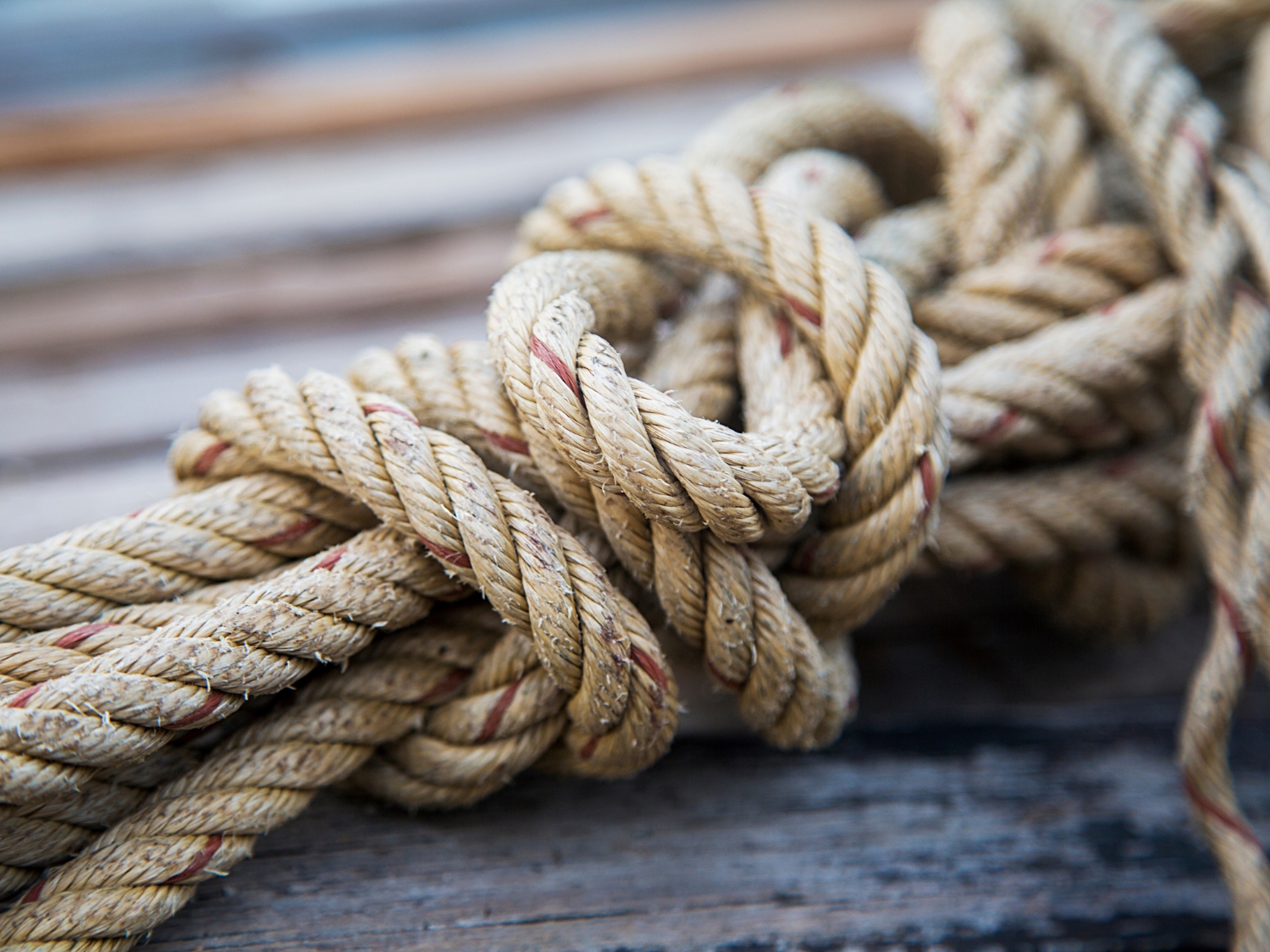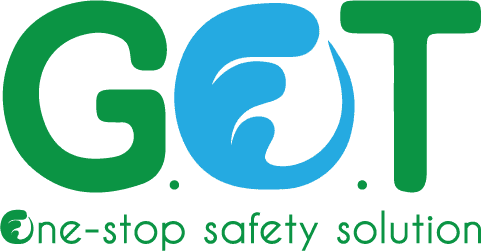3 popular types of ship mooring ropes
Ship mooring ropes is one of the important factors in the maritime industry. Mooring ropes not only ensure that the ship is safe and stable during movement but also guarantee the safety of those working on the ship and the cargo being transported. Nowadays, there are many types of mooring ropes that are trusted and choosing the right type of rope is very important. In this article, we will explore the most common types of mooring ropes available today and differentiate between them to help you choose the right mooring rope for your needs.
WHAT IS SHIP MOORING ROPES
Mooring ropes, also known as ship mooring lines, are essential and highly necessary tools in the maritime industry, used to attach and secure ships to docks or harbors. The main function of mooring lines is to keep the ship in a fixed position, ensuring safety during berthing to avoid uncontrolled movements or unwanted collisions. They are used in various activities: securing, berthing ships, fishing, and more.

General Technical Specifications of Mooring Lines:
- Material: Made from polypropylene (PP), polyester, nylon, and PP Superdan fibers, which offer high adhesion and long-lasting durability over time.
- Size: Mooring ropes come in various sizes suitable for different purposes, commonly ranging from 3mm to 100mm.
- Number of Strands: Mooring lines typically have 3-strand, 4-strand, 8-strand, or 12-strand configurations.
- High Breaking Strength: Exceeds 50% above the required standards of BS and ISO.
- High Durability: 10% more durable compared to conventional ropes.
- Origin: South Korea, India, Thailand, China, Vietnam, etc.**
TYPE OF MOORING ROPES
Polyester Mooring Rope: Polyester mooring ropes are among the most commonly used today. With properties that are unaffected by seawater, polyester can withstand heavy loads and does not shrink when exposed to water. Additionally, polyester has excellent resistance to sunlight and other weather conditions, which helps extend its service life. However, a drawback of polyester mooring ropes is their high stretch when under tension, requiring precise tensioning to avoid slackening.
Nylon Mooring Rope: Nylon is another popular choice for mooring ropes in the maritime industry. Nylon has low shrinkage, providing more stable tension when mooring ships. Notably, nylon can stretch when under tension, helping to absorb impact forces and reduce sudden jerks. However, nylon is susceptible to UV radiation, so it is important to store and protect it from direct sunlight.
Polypropylene Mooring Rope: Polypropylene mooring ropes are affordable, lightweight, and easy to handle. Made from synthetic materials, polypropylene is resistant to seawater and decay. However, polypropylene mooring ropes have high shrinkage, requiring careful tensioning and are not suitable for applications that demand precise tension control.
4o

